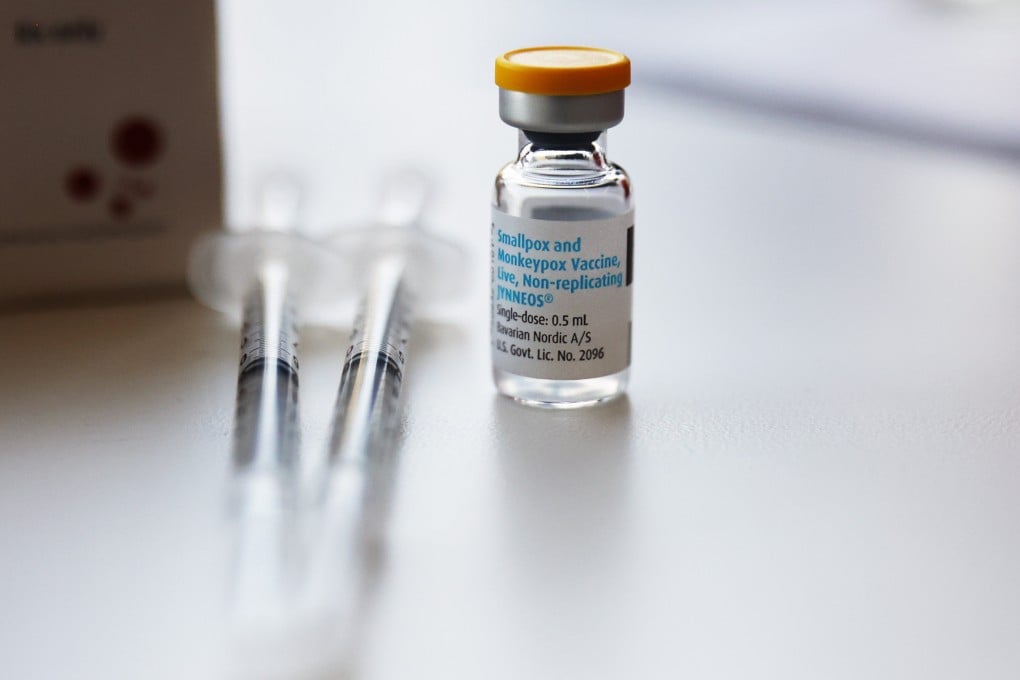Mpox cases rise in China, but response is affected by anti-LGBTQ bias and ‘technology nationalism’
- Mpox is on the rise in China, but assumptions it is just spread through gay sex and an unwillingness to use foreign vaccines are hampering containment efforts

Hazmat suits, PCR tests, quarantines and contact tracing – it was hard not to feel a sense of déjà vu a few weeks ago when the Chinese Centre for Disease Control and Prevention published new guidelines on containing a disease outbreak.
But what was happening was not another Covid-19 wave. Rather, the Chinese government was addressing a potentially significant new public health concern: mpox.
The World Health Organization (WHO) reports that China is currently experiencing the world’s fastest increase in cases of mpox (formerly known as monkeypox), and the country needs to act quickly to contain the spread.
While the Americas and Europe have mostly contained the mpox outbreak that started in mid-2022, Asia has emerged as the disease’s new hotspot.

Japan, South Korea and Thailand, which all saw sporadic imported cases last year, have reported weekly new case numbers in the double digits in 2023, meaning the virus has been spreading in the domestic population.
But according to the latest data reported to the WHO, China has surpassed all other countries in the world, with 315 confirmed cases in the past three months – although irregular case reporting from Beijing makes it impossible to know the true scale of the disease at this point.
